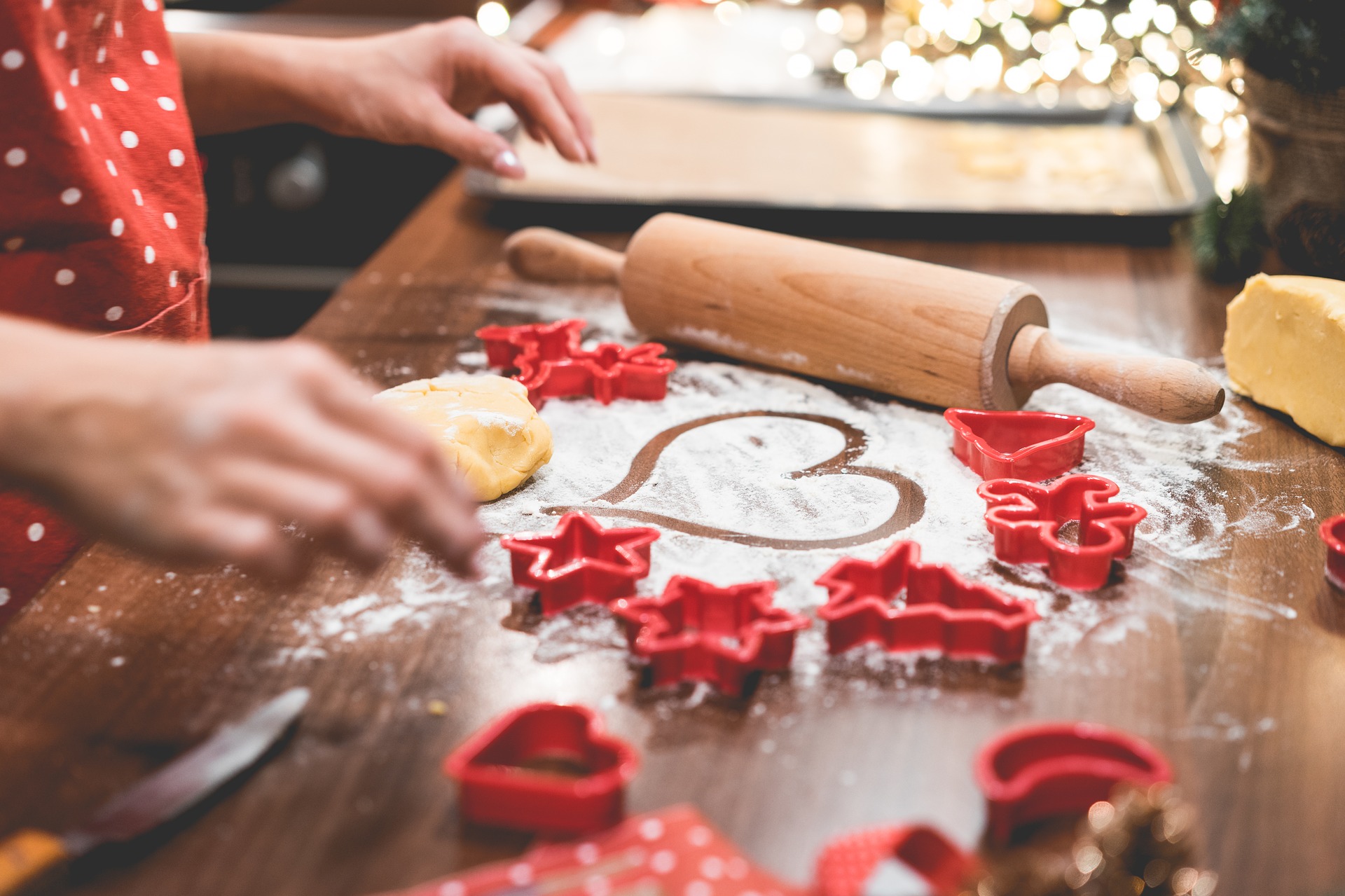In 1763, the citizens of Siracusa were brought to the edge of starvation by a long famine which left them seeking salvation only in prayer. According to legend, the patron saint of Siracusa Saint Lucia (killed in Roman times under the reign of Diocletian) answered their pleas and made it so that ships loaded with wheat docked at the harbour. As the annalist and archaeologist Giuseppe Capodieci recounts at the end of his Memoirs of Saint Lucia: “The owner of one of these ships stated that he had no intention of enter the port, but he was obliged by the winds and realized he was in Siracusa only after he had cast anchor; adding that, just as he entered the port, he was also cured of an illness in his eyes that had tormented him for some time”. Local people (according to another version the event took place in Palermo in 1646), exhausted by hunger, decided not to prolong the agony by waiting for the times of grinding the wheat or making bread, but simply to boil it. Thus was born the first cuccìa that since then is prepared every 13 December, day that for devotees does not foresee the consumption of bread and pasta, as a sign of gratitude to the Saint for her miracle, a custom that is also reported by the scholar of popular traditions Giuseppe Pitrè in his book Sicilian Proverbs: “Saint Lucia I would like some bread, but I have none, so I rest fast”.
SWEET OR SALTY. In the salty variant, closer to the original, the grain is kept in water (to be changed often) for two or three days, then boiled and, finally, served hot with salt and pepper. In some cases, legumes are also added. The preparation of the dessert follows the same initial procedure. Once drained and cooked, it is then allowed to cool thus becoming a basis to be seasoned to your liking, such as cream of ricotta, cinnamon, candied fruits and chocolate chips, or flavored with blancmange, cocoa cream or cooked wine. A dish symbol of rebirth and prosperity like the grains from which it takes its name, that enclose a new life within them.
Translated by Daniela Marsala



